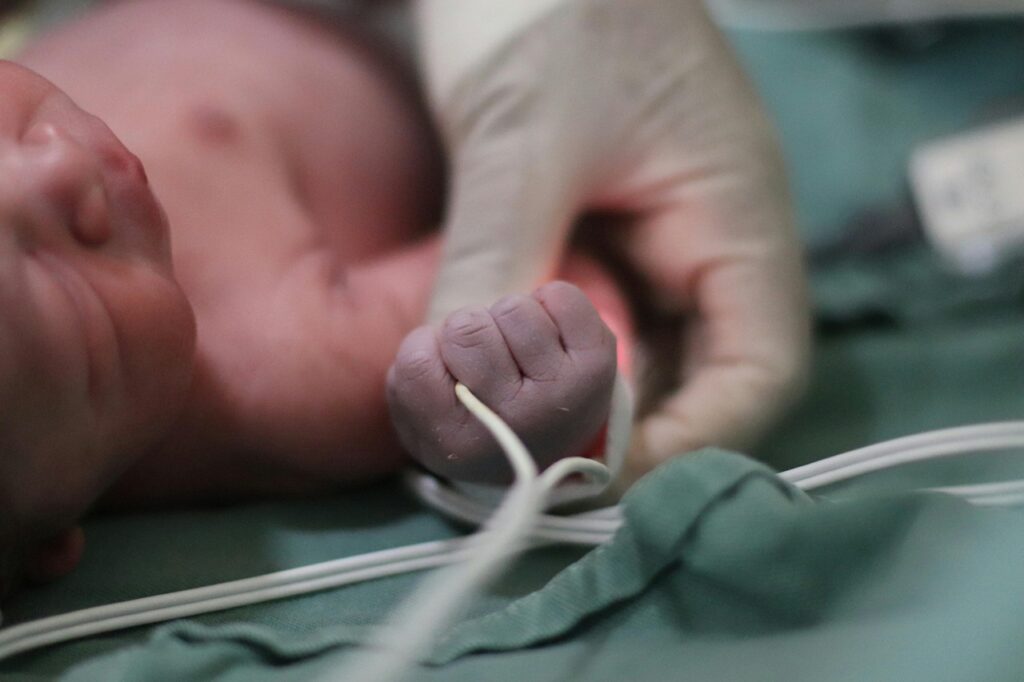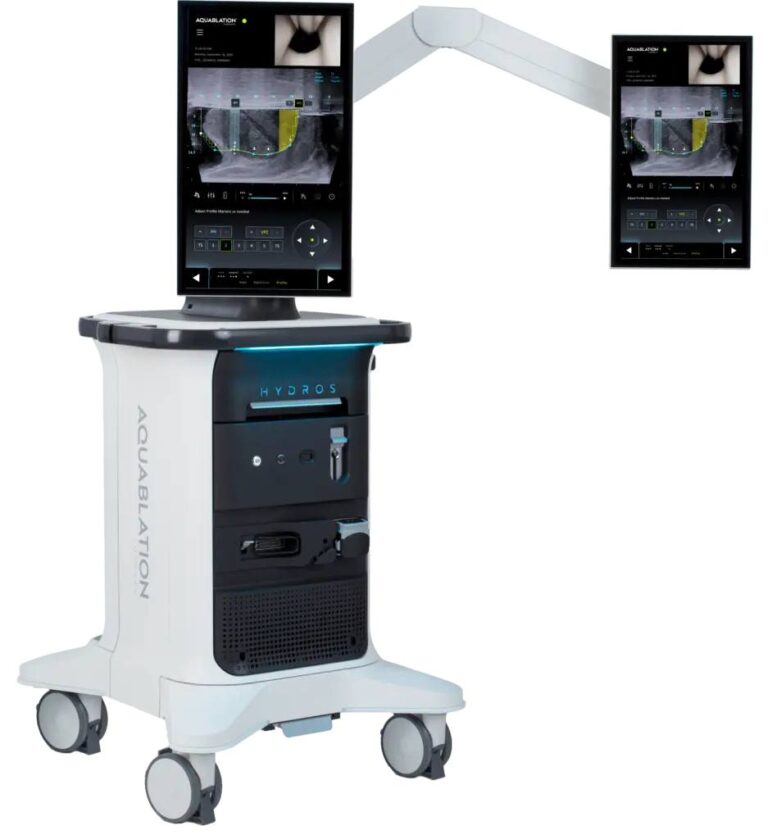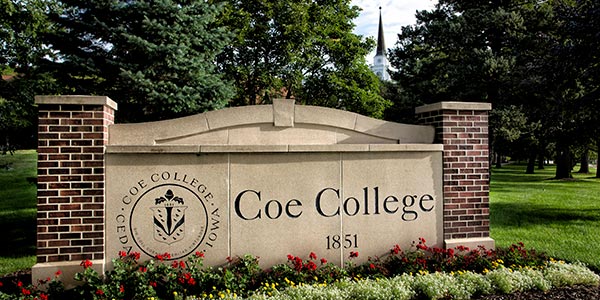Aldevron and Integrated DNA Technologies – both part of the Danaher Corporation – have achieved a medical milestone with the successful manufacture of the world’s first personalized CRISPR gene-editing drug product to treat an infant suffering from a rare and life-threatening genetic condition known as urea cycle disorder (UCD).
The therapy – developed and delivered in just six months – marks a new frontier for precision medicine, and is detailed in a study published today in The New England Journal of Medicine.
Working at the behest of the Children’s Hospital of Philadelphia (CHOP) and the University of Pennsylvania, IDT and Aldevron compressed the traditional development timeline by two-thirds to create a custom mRNA-based CRISPR drug product tailored to a single patient.
The effort involved new components at every step: a novel guide RNA, a bespoke mRNA-encoded base editor, custom off-target safety services, and a clinically validated lipid nanoparticle formulation.
“We are unique in our ability to deliver this innovative treatment in such a short timeline,” said Mark Wetzel, vice president and general manager of mRNA CDMO Services at Aldevron. “This CRISPR therapy was made under exceptional circumstances – not something our industry is built to do consistently – given the steadfast focus and dedication of the Aldevron and IDT teams to leverage years of expertise and strong partnerships to do what was needed to improve this patient’s outcome. Collaboration between Aldevron, IDT, and Acuitas allowed for this innovation to happen, and the future of rare disease treatment is now brighter as a result.”
The patient – a newborn diagnosed with UCD and suffering from neonatal-onset CPS1 deficiency, which prevents the removal of ammonia from the body – received the therapy under an emergency investigational new drug approval.
The custom in vivo base-editing treatment was manufactured with contributions from Vancouver-based Acuitas Therapeutics, which provided the LNP technology essential for nucleic acid therapeutics.
The work sets a powerful precedent for the future of personalized genetic medicine, said Sandy Ottensmann, vice president and general manager of Gene Writing and Editing at IDT.
“What we’ve accomplished together sets a new gold standard for operationalizing the future of medicine,” she said. “This collaboration shows how academic and industry partnerships can deliver major scientific advances and real solutions for patients.”
The successful case aligns with the goals of the Danaher-IGI Beacon for CRISPR Cures, an initiative launched in January 2024 to build easily-modified platform approaches for gene-editing medicines for a wide range of diseases. The rapid, N-of-1 therapy demonstrates a viable model for tackling other devastating genetic conditions.
“This study is an important milestone,” said corresponding author of the NEJM study Dr. Kiran Musunuru, the Barry J. Gertz professor for Translational Research and director of the Genetic and Epigenetic Origins of Disease Program in the Perelman School of Medicine at the University of Pennsylvania.
“The impact of this work extends beyond this particular patient and category of clinical indications – it suggests a potential roadmap for transforming CRISPR therapies for other inborn errors of metabolism and life-threatening genetic diseases. It’s an exciting future for personalized medicine,” she continued.
The infant was treated by co-author and CHOP physician-scientist Dr. Rebecca C. Ahrens-Nicklas, who led the clinical care team.








